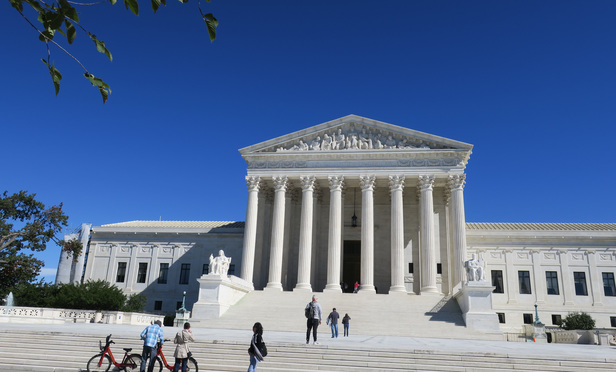In Atkins v. Virginia the U.S. Supreme Court, in 2002, ruled that the Eighth Amendment’s cruel and unusual punishment clause prohibits the execution of persons with intellectual disability. Given that intellectual disability is a long-standing, well-established clinical diagnosis, the court naturally relied upon the scientifically valid, clinical consensus definitions of intellectual disability in creating the categorical bar.
Since Atkins, several states, primarily Florida and Texas, have exhibited displeasure with — and resistance to — the Supreme Court’s decision by embracing nonclinical and unscientific practices that are intended to limit the effect of the constitutional mandate.
This content has been archived. It is available through our partners, LexisNexis® and Bloomberg Law.
To view this content, please continue to their sites.
Not a Lexis Subscriber?
Subscribe Now
Not a Bloomberg Law Subscriber?
Subscribe Now
LexisNexis® and Bloomberg Law are third party online distributors of the broad collection of current and archived versions of ALM's legal news publications. LexisNexis® and Bloomberg Law customers are able to access and use ALM's content, including content from the National Law Journal, The American Lawyer, Legaltech News, The New York Law Journal, and Corporate Counsel, as well as other sources of legal information.
For questions call 1-877-256-2472 or contact us at [email protected]






